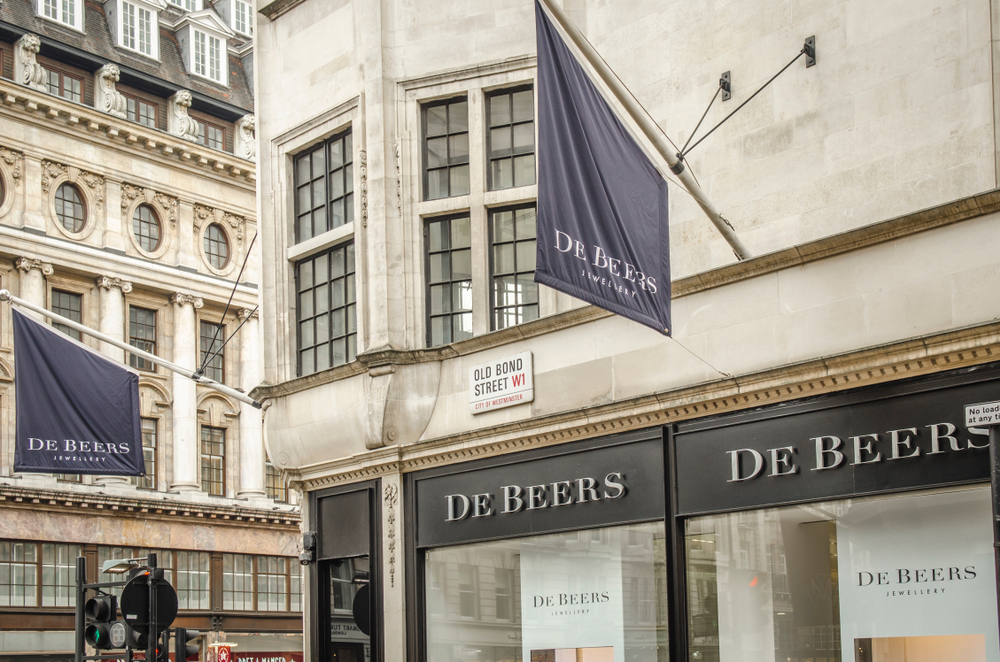World’s Largest Diamond Retailer Joins De Beers Blockchain Project

Signet Jewelers, the world’s largest retailer of diamond jewelry, has joined Tracr, the diamond blockchain program being developed by South African gem juggernaut De Beers Group.
Signet is part of a growing chorus of industry giants that are part of the Tracr pilot program, which will track each diamond that gets mined on a shared distributed ledger.
The blockchain project will ensure that the gems are not illegal “conflict diamonds” mined by slaves in African war zones by providing comprehensive mine-to-customer traceability.
Mine-to-Customer Traceability
Tracr also ensures there’s no theft or illicit substitution along the way, so the end user — the consumer — can be assured of their diamond’s authenticity and provenance. It is the first program that digitally tracks each diamond from mine to retail.
“Tracr is focused on bringing the benefits of blockchain technology to the full diamond value chain – providing consumers with confidence, the trade with increased efficiency and lower costs, and lenders to the industry with greater visibility,” De Beers CEO Bruce Cleaver remarked in a statement .
Virginia Drosos, the CEO of Signet, agreed: “Responsible sourcing of diamonds has always been an integral part of Signet’s corporate ethos, and this will be further strengthened through our cooperation with Tracr.”

Tracr is expected to launch in late-2018. It gives each diamond a unique ID code that stores the stone’s weight, color, and clarity. All the information is shared on a joint database.
In early-May 2018, De Beers — which is responsible for one-third of the global supply of diamonds — announced that it had successfully tracked 100 high-value diamonds through Tracr. Market leaders applaud the use of the technology underpinning bitcoin to bolster transparency.
“Technology has already significantly contributed to improving transparency within the diamond industry,” said Amit Bhansali, managing director of Rosy Blue, one of the world’s largest diamond jewelry manufacturers. “Initiatives that use blockchain can drive this process even further.”
Even Bitcoin Skeptics Embrace Blockchain
This novel use of blockchain reaffirms the potential game-changing applications of distributed ledger technology. The diamond industry isn’t the only sector that has taken notice.
Retail giant Walmart recently filed a patent for a blockchain-based digital marketplace. Walmart’s system would track the products that stores sell to a particular customer.
Similarly, major banks in Southeast Asia recently completed a cross-border transfer of funds from Thailand to Singapore in “a matter of seconds” using blockchain, as CCN.com has reported.
Even avowed cryptocurrency skeptics and bitcoin bears have conceded that blockchain could transform healthcare, banking, supply-chain management, and the entertainment industry.
That’s why even Old Money like the Rockefeller family is investing in blockchain startups through its venture-capital arm, Venrock. David Pakman, a Venrock partner, said the fund is less concerned about turning short-term profits than in making long-term investments in blockchain and the cryptocurrency industry. “There are a lot of cryptocurrency hedge funds,” Pakman said. “This is different.”
Featured Image from Shutterstock